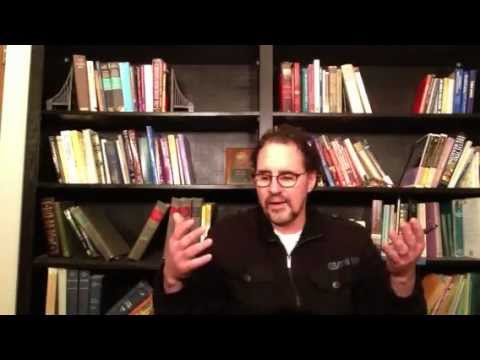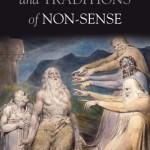We run our website the way we wished the whole internet worked: we provide high quality original content with no ads. We are funded solely by your direct support. Please consider supporting this project.

Hearing and Responding to God: Part 2
In this video, Greg continues his thoughts about the difficulties we can encounter when we try to hear God speaking to us. You can view the first part here.
Category: Q&A
Tags: Choice, Hearing God, Open Theism, Prayer, Video Q&A, Warfare Worldview
Topics: Hearing God, Prayer
Related Reading

God of Sense and Traditions of Non-Sense
As the title suggests, in his book, God’s Problem: How The Bible Fails to Answer Our Most Important Question – Why We Suffer, Bart Ehrman argues that the Bible has nothing compelling to say about the problem of evil. Well, I just put down a beautifully written four-hundred and fifty page book that compellingly argues…

Two Ancient (and Modern) Motivations for Ascribing Exhaustively Definite Foreknowledge to God
A historic overview and critical assessment Abstract: The traditional Christian view that God foreknows the future exclusively in terms of what will and will not come to pass is partially rooted in two ancient Hellenistic philosophical assumptions. Hellenistic philosophers universally assumed that propositions asserting’ x will occur’ contradict propositions asserting’ x will not occur’ and…

What is the significance of Acts 15:7?
At the Jerusalem council, “Peter stood up and said to them, ‘My brothers, you know that in the early days God made a choice among you, that I should be the one through whom the Gentiles should hear the message of the good news…’” The tense of the verb that locates God’s “choice” in “the…

Podcast: What Does God Actually DO in the World?
Greg discusses what a God, who takes his hands off of us, who gives up control for us, who accommodates for us, actually does in the world. http://traffic.libsyn.com/askgregboyd/Episode_0215.mp3

Do Angels and Demons Really Exist?
While the supremacy of God is never qualified in the Bible, this supremacy is not strictly autocratic. Other “gods” or spiritual entities like angels and demons are not mere puppets of the God of the Bible. Rather, they appear to be personal beings who not only take orders but also are invited to give input…

The Most Quoted Old Testament Verse
No other passage from the Old Testament is quoted more by New Testament authors than Psalm 110:1. Its frequent citation should cause us to pay attention to what is being said. It reads: The Lord says to my lord, “Sit at my right hand until I make your enemies your footstool.” In David’s day, it…
